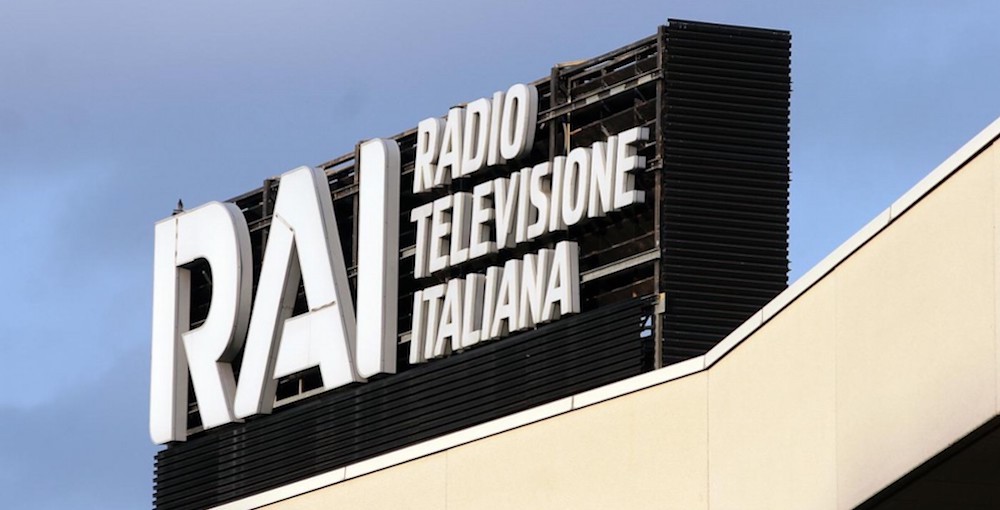By Dom Serafini
RAI, the Italian state broadcast organization, is again in turmoil. Its top management is in a tug-of-war with the majority coalition and with the opposition parties. I personally regret not being able to fully understand all the content of a recent article in Il Mondo Nuovo (edited by former RAI-2 director, Giampaolo Sodano) by Italian university professor and former RAI journalist Michele Mezza, but I identified with the title of his article: “Which Italian TV Could We Afford in 2027?”
The problem is that I am not an intellectual, but a TV trade journalist who likes to be compared to a mirror that reflects what is in front of him. And in front of me there is a RAI that is no different from the past ones that have been the expression of the government of the moment. But in the last 30 years RAI has worsened. Its managers have become more Rome-centric, as have the politicians who consider foreign everything that is outside Rome.
And this also applies to the immediate past Italian government of the internationalist Mario Draghi, a well respected public servant within the E.U. However, Draghi had supervised a RAI that had further deteriorated.
Since RAI is a dispensary of political appointments, and a few of them are interested in the international aspect, I would leave the Rome-centric part as it is, and I would focus on a new international aspect. This revived division would have the advantage of not being coveted by the “children of,” and therefore aimed at the many talents that Italy now exports abroad.
In fact, by 2027 I can see two RAIs — a national one financed by the license fee, and which remains at the mercy of politicians, and an international one, a purely commercial entity with various tasks including the sale of content abroad, broadcasting the national RAI channels outside Italy, managing and programming its own TV channel (RAI Italia), a department for production, co-production (content that can also be sold to the national RAI), and running its own streaming services.
The two RAIs should be independent of each other and the agreements between the two entities should be purely commercial in nature.
The most difficult part will be to insulate this RAI International from domestic political interests, which will surely manifest themselves as soon as the operation is successful. Physically, the two entities could be insulated by having RAI International based in Milan (which for Rome-centric politicians is like fish being out of water). Politically, the interferences could be reduced by placing RAI International under the Ministry of the Industry and the regulatory agency made up of retired representatives of the Italian audiovisual sector.


Leave A Comment